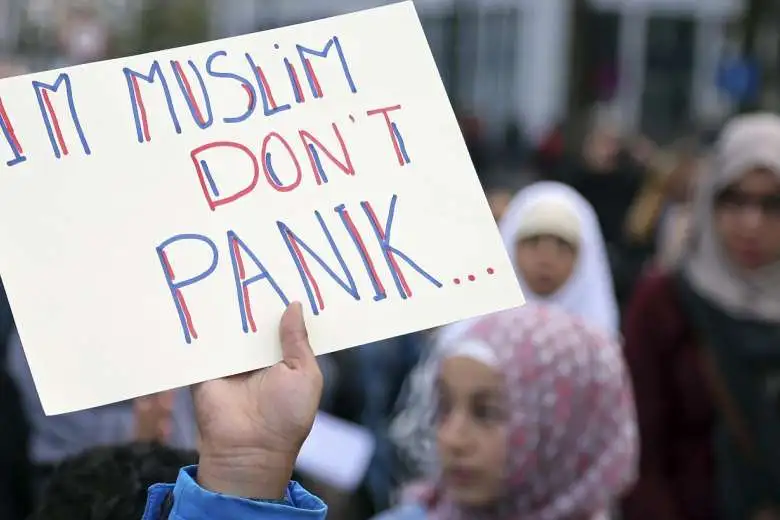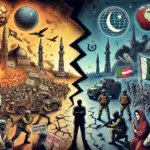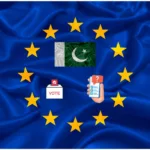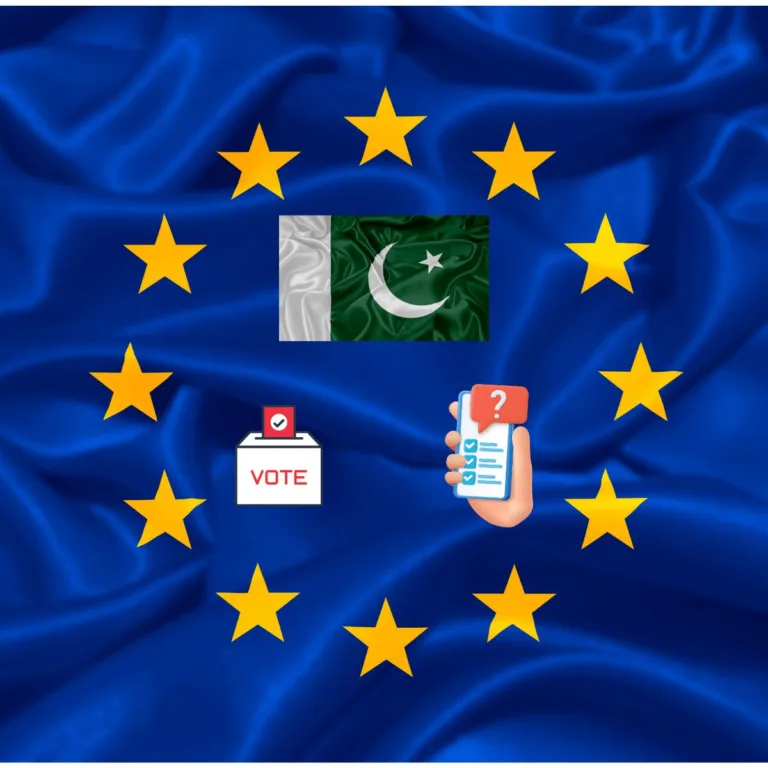Originally published in theWire.in.
The first time I set foot outside Pakistan was on a trip to Turkey to meet someone I had met on the internet.
The trip promised all the wonders of a Bollywood romance. And it did rock my world in more than one way.
I was literally speechless.
How could it be that a white Christian girl – my friend – had to inform her father before going out with me? And how could a Muslim host, observing a ritual fast during Ramadan, serve alcohol to guests at his hotel without batting an eye? What incredible self-control and discipline, I wondered.
Looking back, I realise that people everywhere are basically the same.
They want to prosper in good health, follow the rule of law, make more money, save for a stable future, send their children to good universities and so on.
But sometimes such a path isn’t so easy for everyone.
Muslims, fuelled by identity-based pride, forget that their perceived ‘others’ are just like them despite their privileges or lack thereof.
The recent terrorist attack on a mosque in New Zealand by a white male Australian that resulted in 50 deaths and 20 injuries demonstrates a similar lack of understanding about minorities in the West and in particular about the followers of Islam.
Clearly, Islamophobia is on the rise.
In general, there is a perception that political Islam emphasises on Huquq Allah (rights of god).
What is debatable, however, is that segments of Muslim communities are yet to reconcile with modernity in ways that privilege civic life – or, Huquq-ul Ibad (rights of god’s servants).
For this reconciliation to happen, Muslims must take ownership of the corrosive discourse that is peddled in their name by fringe elements within their own society – forget the world.
It is not enough to just condemn terrorist attacks; authorities and civil society must collectively admonish those who incite hate. They must encourage counter-narratives rooted in progressive voices within the Islamic school of thought.
In Pakistan, the authorities allegedly use militants to suit their interests. The country’s political leaders then strategically profit from the noxious discourse propagated by those militants.
As a result, this generates a public culture – one which is confrontational rather than deliberative. Over time, this culture creates a bad image of Pakistan.
For instance, the emergence of parties like Tehreek-e-Labbaik Pakistan (TLP), that draw strength entirely from such discursive tactics, tells the world that extremism is mainstream in Pakistan.
Also read: what is behind the sudden rise of TLP?
We should be honest with ourselves.
‘Confusion of categories’
For centuries, progressive and modern voices have been sidelined in many Muslim majority countries.
Rather than making an effort to understand complex socio-economic and political challenges, some of us take refuge in simplistic explanations which are often riddled with ambiguities.
Others lack the vocabulary to even describe the world beyond a ‘good Muslim right wing’ and ‘bad Muslim West liberal’ dichotomy.
Nadeem Farooq Paracha, a regular commentator in the Daily Dawn, observes that the debate on religion in Pakistan has mostly been about a modern Islam versus a puritanical orthodox Islam.
Amidst that, terms like ‘secularism’, ‘socialism’ and ‘liberalism’, have only muddied the debate.
This has resulted in what historian Ayesha Jalal refers to as “confusion of categories”. Meaning, our inability to distinguish theology – nature of God – from other disciplines, such as fiqh – jurisprudence.
Alarmingly, we can observe similar patterns in even non-Muslim majority countries, including India.
Progressive ideas are increasingly seen with suspicion when they lock horns with essentialist agendas of their populist opponents.
To be sure, I’m not advocating a spirit of self-reflection for its own sake. Many Muslims would prefer a reality that is easy to digest in these unsettling times. I’m advocating a smarter engagement with the modern world through frames of social justice on which it is built.
I have observed that, at times, even the strongest opponents of Islamophobia dismiss progressive ideas.
Scholars, who have studied the rise of Islamophobia in the US, say that inadequate representation of American Muslims in political spheres gives rise to such tendencies.
Also read: 3.3 million Muslims living in United States but American Muslims hold just two of 535 seats in congress.
At the end of the day, arguably, both the extremists as well as the non-extremists use violence to gain power.
What should Muslims do?
With their own struggles with the far-right, Muslims can show the world, in vivid detail, how such views stunt democratic processes.
But this requires a concerted effort on our part.
Muslim minorities will have to increase participation in local civic life.
On the other hand, Muslim majority countries will have to invest more in civic education rooted in their cultural codes.
The good news is that there is no shortage of modern literature on Islam in-sync with the universal notions of justice.
But it requires a strong political will to get pushed through the mainstream where Muslims are a majority.
Only then will popular and academic discourse globally concede space to a humanist vision that is uniquely Islamic.











